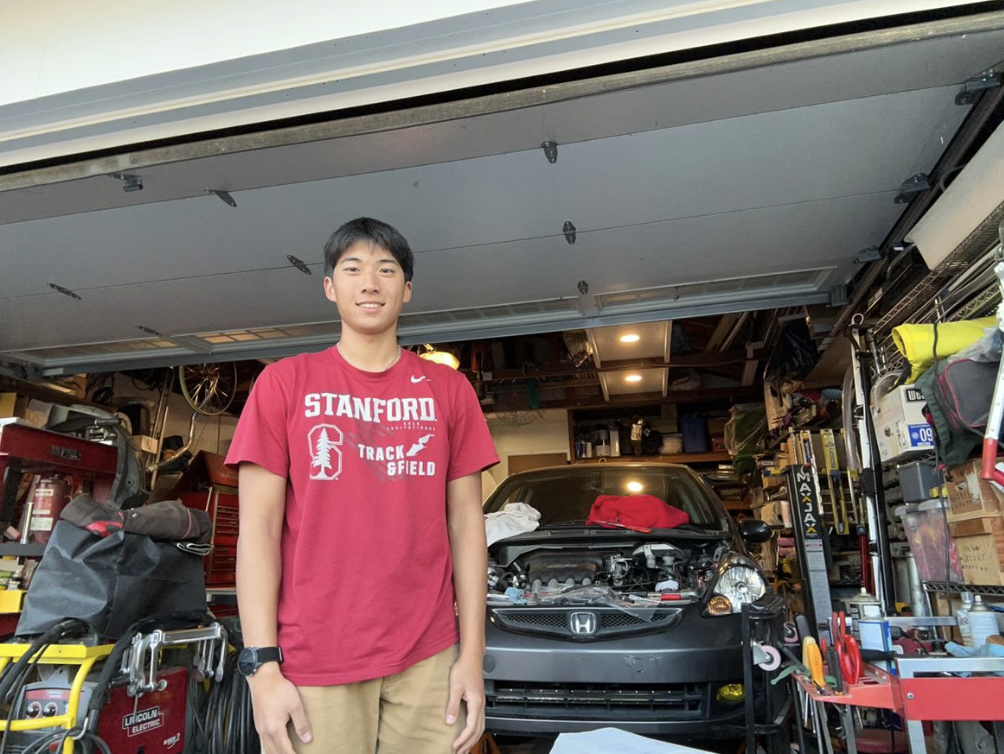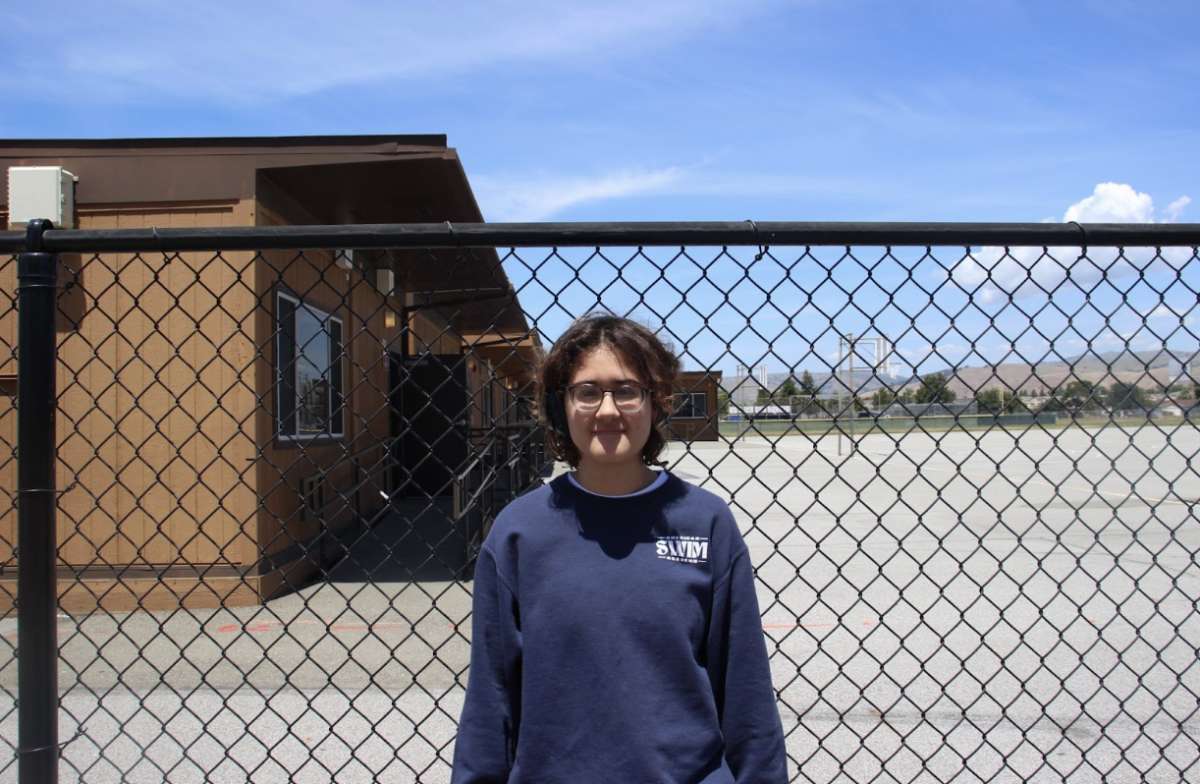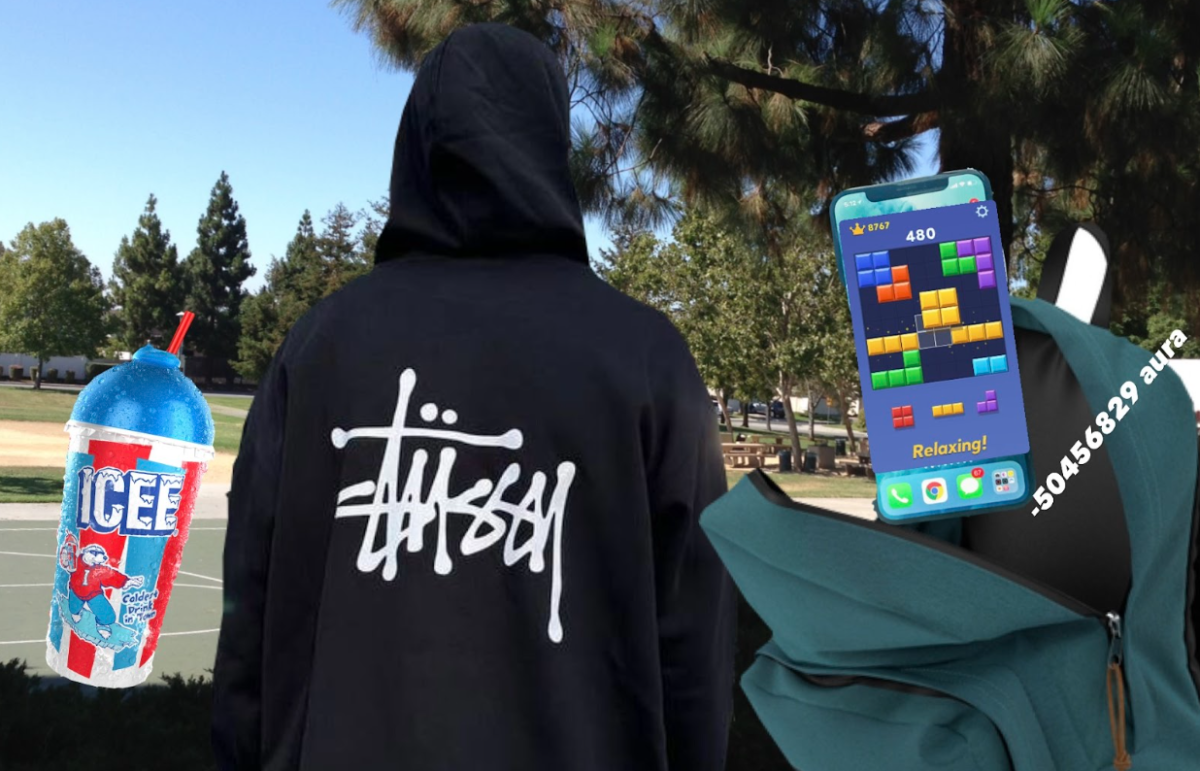I first got into biomedical engineering freshman year. I joined the Biomedical Engineering Club at Irvington, and now I’m president.
By joining BME, I was able to get into the field and learn more about biomedical engineering. I originally wanted to do pre-med, but eventually, I found I was more interested in the behind-the-scenes and the technology we can create to help doctors, rather than treating patients. One aspect I like about engineering is the research. What’s really cool is when you’re choosing a project. The possibilities are endless, and you could do literally anything, given the resources.
A lot of my research at ASDRP and the BME club has been focused on how we can use at-home materials to simulate real biomed engineering and make it easier for Irvington students to learn and get involved. For example, we had our prosthetics event where we used household items to construct a prosthetic, using pipes and sponges. We gave them twenty minutes and taught them how to make prosthetics and how they would work on humans.
On a side note, some projects that I’ve been working on by myself include vesicle and protein-related research. One really important thing about engineering is how products and devices can be made more accessible. I would say because engineers are super important in creating technology and making life easier for people if they can’t make it accessible to people who need it, then it becomes futile. I try to take what I learned in engineering and bring it to the BME club. We try to get a lot of feedback from members as to what they want to see from the club, and we have events for all sorts of things.
I think an important thing for biomedical engineering, or just any engineering, is connecting with people who have studied it or who are working in it currently. I’ve been to a lot of guest speaker events, and a club actually hosted one last year where we had a university grad student talk about his work in the field. I feel like it’s really important to get that first-hand experience, and to work in a group because then you’re working for something bigger than yourself.
Another cool thing about engineering is that it’s interdisciplinary. For example, I’m interested in biomedical engineering, but I would have to work with people in the medical field and work with physicists. If I were trying to get my product to be more accessible, I would have to work with distributors and businesspeople. So, working with different fields and understanding product markets is super important. I would say one of the biggest challenges is that biomed engineering is still very male-dominated like other STEM fields. Oftentimes there are only two or three female students in a class of 24 students, so underrepresentation is still a glaring issue.











